Five Ways to Be A Responsible Plant Parent
September 2020
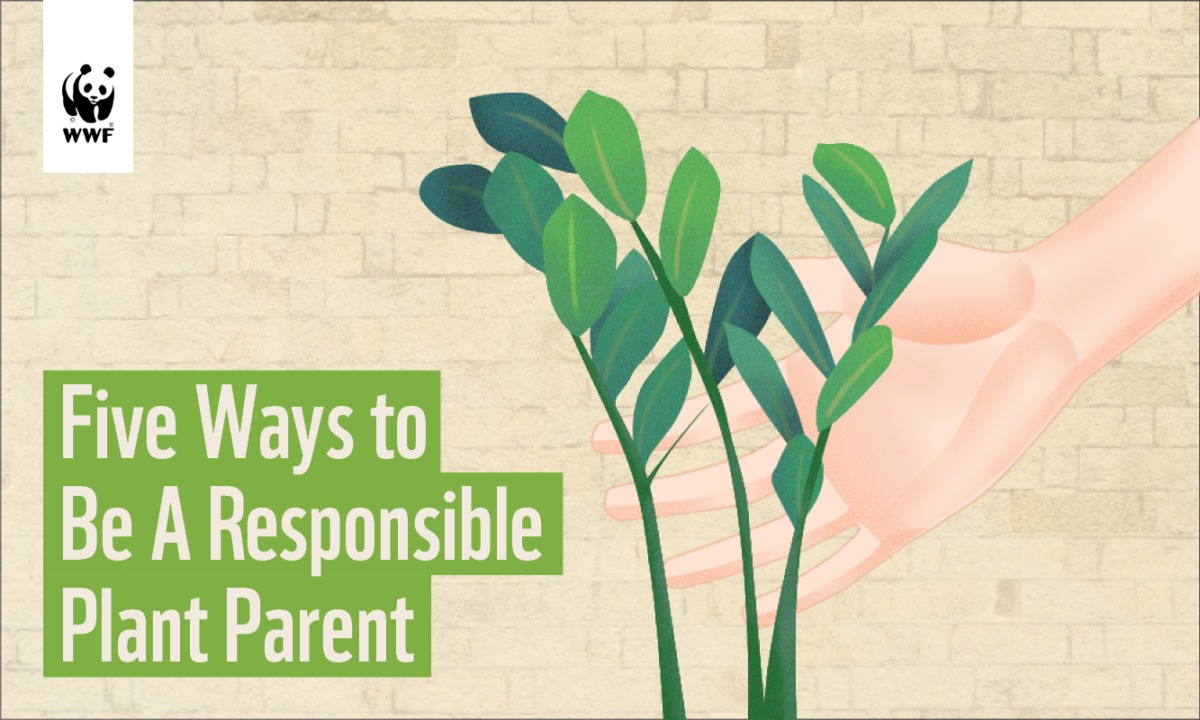
Nowadays, everyone wants to be a plantito, plantita, or halamom. However, not all plants are created equally.
Taking care of plants is good for you - it’s therapeutic, it improves air quality, and it makes our homes smell good and look pretty. Growing our own fruits and vegetables can even help us become more self-sufficient. However, some plants available in the market are illegally poached. Rare and endangered plants are torn from their natural habitats to be sold in plant markets, leaving ecosystems damaged and bringing vulnerable species closer to extinction. There’s also a chance of introducing invasive species to new environments, which can take over ecosystems and bring pests and diseases that could harm our domesticated plants.
Republic Act 9147, or the Wildlife Resources Conservation and Preservation Act, has since made it a crime to trade endangered species. Refer to this list from the Department of Natural Resources to help identify endangered plants -> http://bit.ly/DENRThreatenedPHPlants
Our forests bring life to the Philippines, but they’re dwindling with each passing day. Each plant has a role to play in keeping our forests alive and thriving. Follow these five tips to being a responsible plant owner!
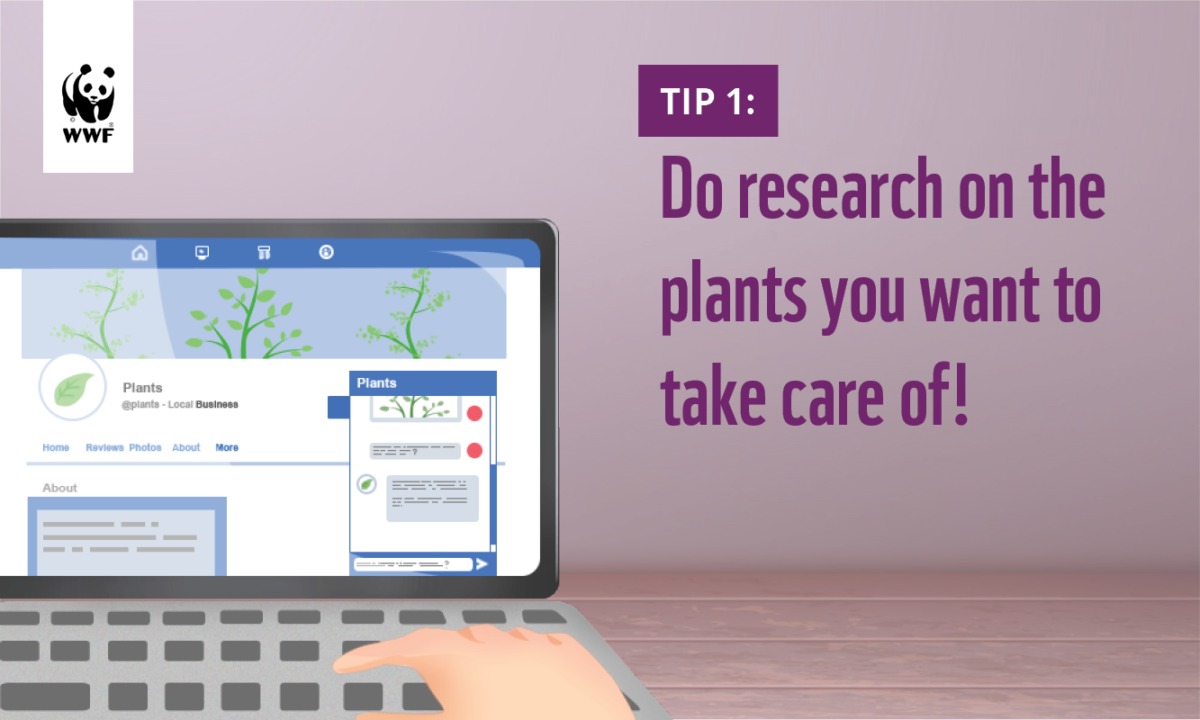
Tip 1: Do research on the plants you want to take care of
Before you buy any plants, it’s important to do research first. Familiarize yourself with the plants you want to take care of before purchasing. Some of them might be threatened or endangered, and you shouldn’t be buying them in the first place.
While you’re at it, train yourself to identify poached plants, too! Common signs in poached plants would include wilting, slight damage, and if the plant is kept in an improper container.
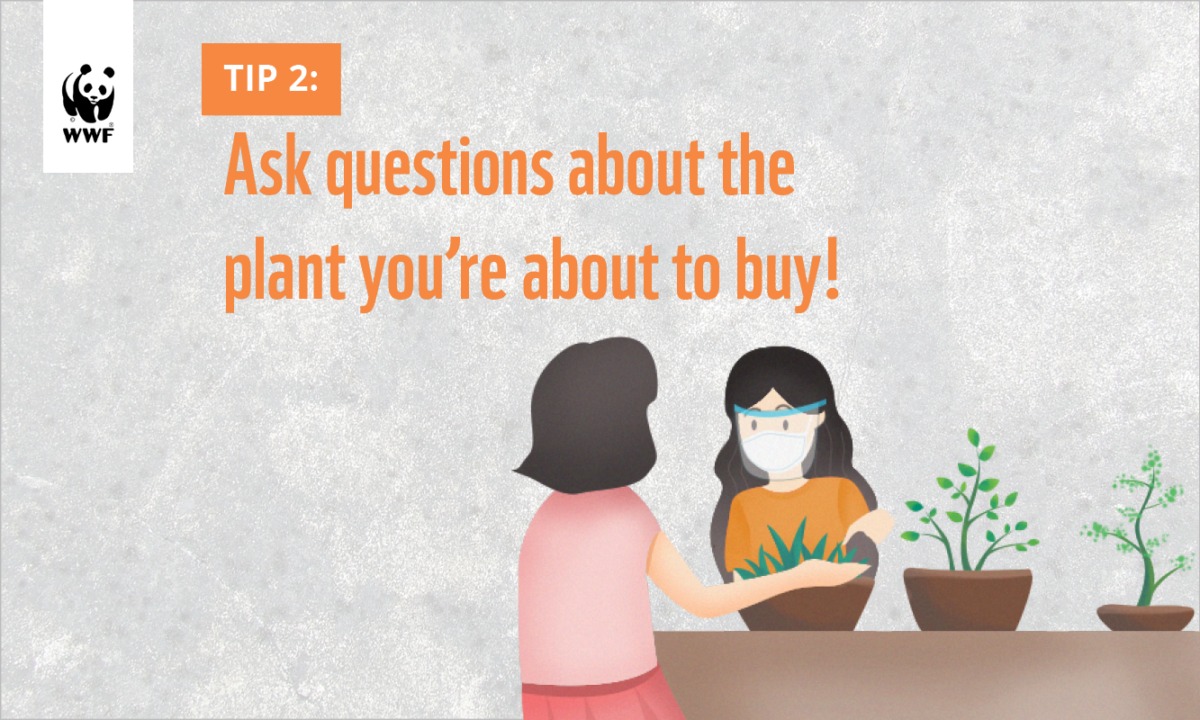
Tip 2: Ask questions about the plant you’re about to buy!
At the marketplace already? Has a particular plant caught your attention? Before buying, make sure to ask questions about it first! Get to know your plant before making any commitments. Ask about its mother plant and where it came from, its species, its history, how it was grown and harvested, how to care for it, and more!
Just like being a pet parent, being a plant parent requires discipline and responsibility. You need to make sure you can care for your plant properly.
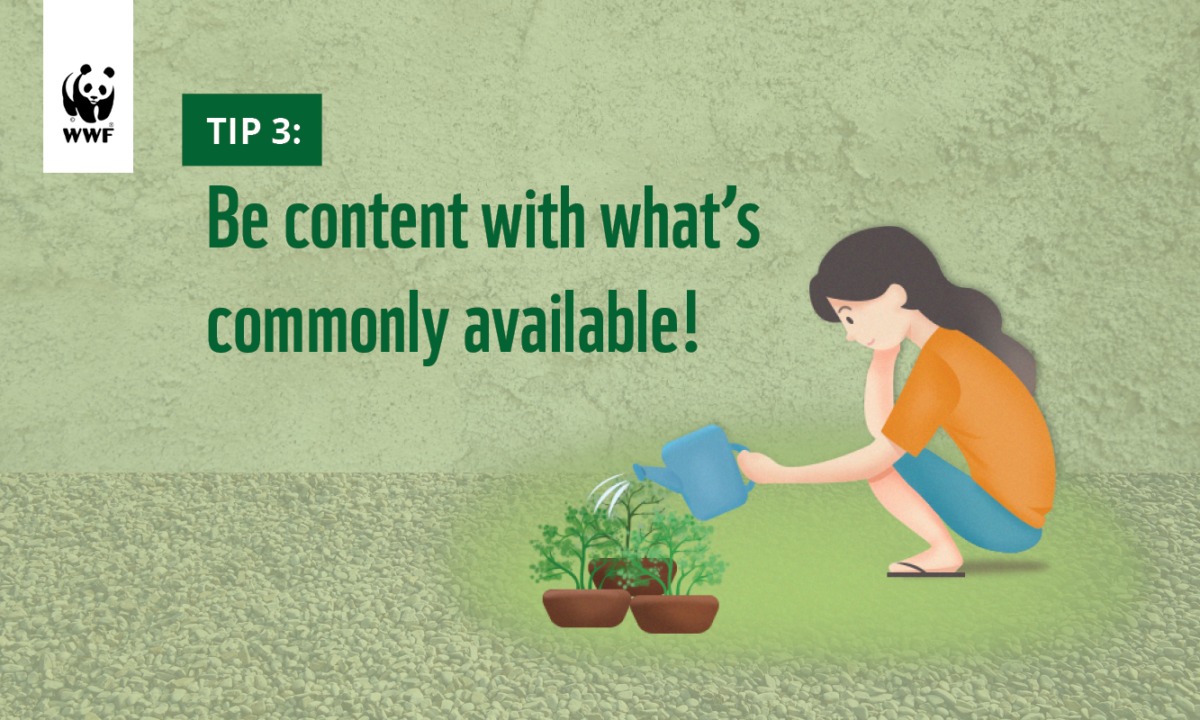
Tip 3: Be content with what’s commonly available!
There are many beautiful and intriguing plants out there, but we always need to look at the bigger picture. The pride you get from adding a rare plant to your collection isn’t worth destroying our forests and putting endangered plants further at risk . Learn to be content with what’s commonly available. There are many common plants that are easy to grow and equally beautiful as the rare ones. Let threatened and endangered plant species grow and thrive where they should!
There’s also no need to own all the plants. Take care of a few at a time, learn at your own pace, and find satisfaction in what you already have.
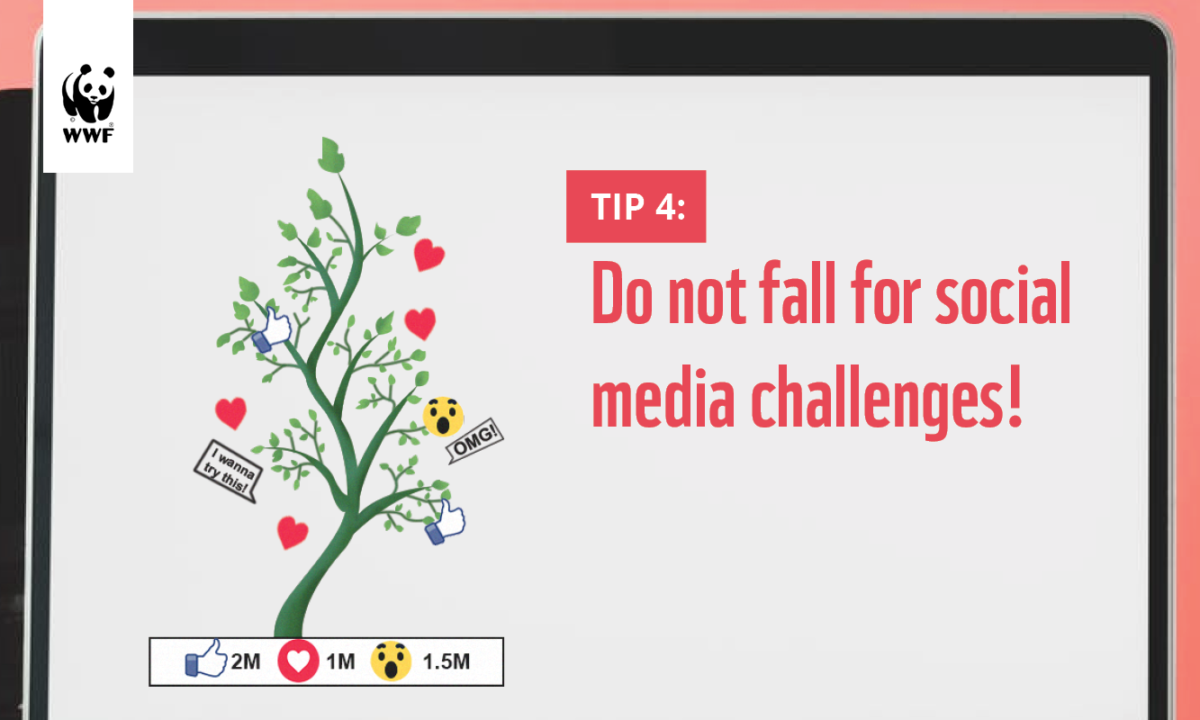
Tip 4: Do not fall for social media challenges!
The pandemic has left us stuck indoors at the mercy of social media. With the plantito and plantita craze, plant-related social media challenges are everywhere. Some people even ask others to showcase their rarest haul. Be warned! These challenges can be a source of misinformation - especially with which plants you’re actually allowed to own.
In the end, it’s not the rarity of your plant that matters. It’s about the health of the plants, and how they contribute to your own wellbeing.
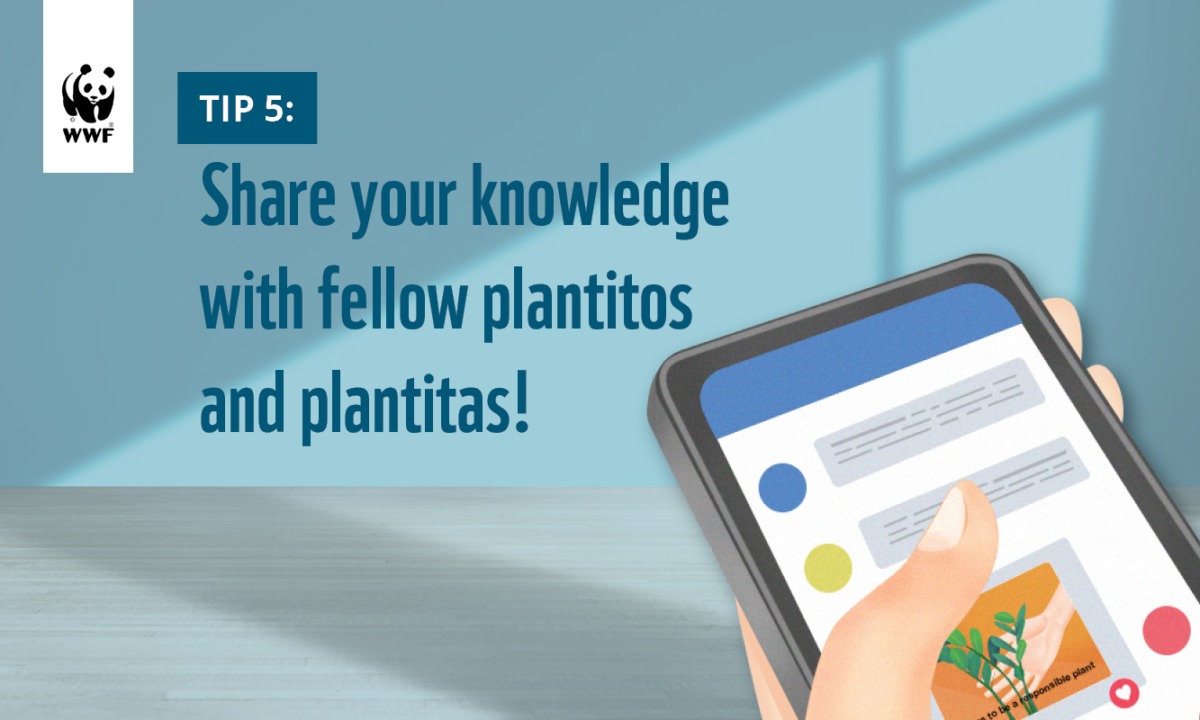
Tip 5: Share your knowledge with fellow plantitos and plantitas!
Now that you’ve done your research and you know what it takes to be a responsible plant owner, it’s time to share your knowledge! Educate your friends, and the people in your chat groups, forums, and events about the risks of poaching and what it takes to be a responsible plantito, plantita or halamom.
If you know of someone who is interested in buying threatened or endangered plant species, or someone who already owns one, be patient and share what you know about the plant they own. The better informed we all are, the better things will be - for us, our plants, and our planet.
For media arrangements, please contact:
Ms. Pam Luber
Integrated Communications Manager
pluber@wwf.org.ph
Ms. Chezka Guevarra
Public Relations, Media, and Events Assistant Manager
cguevarra@wwf.org.ph
